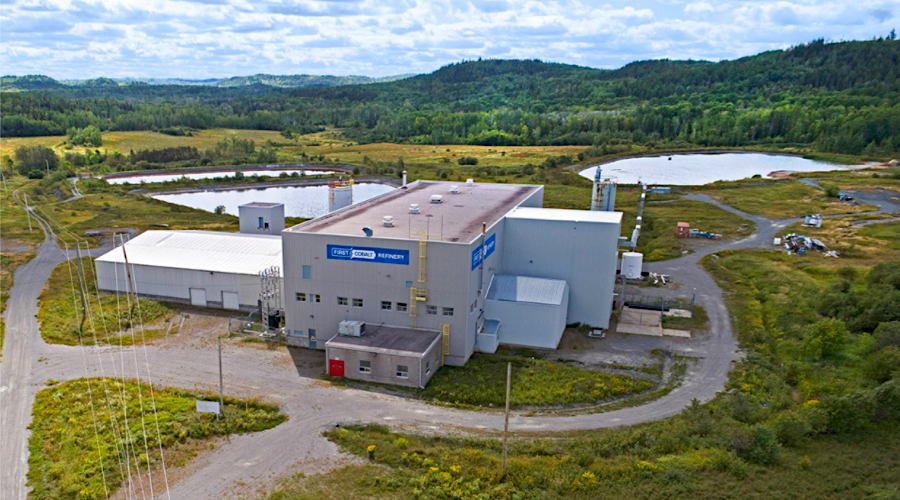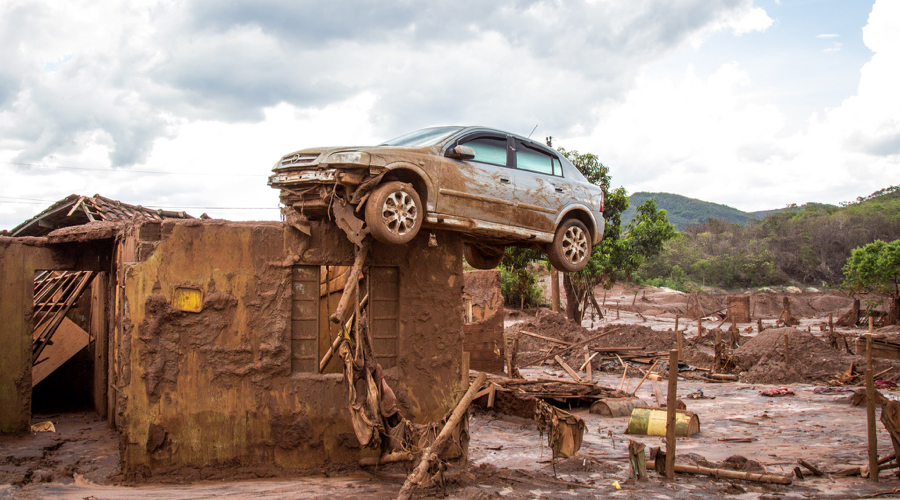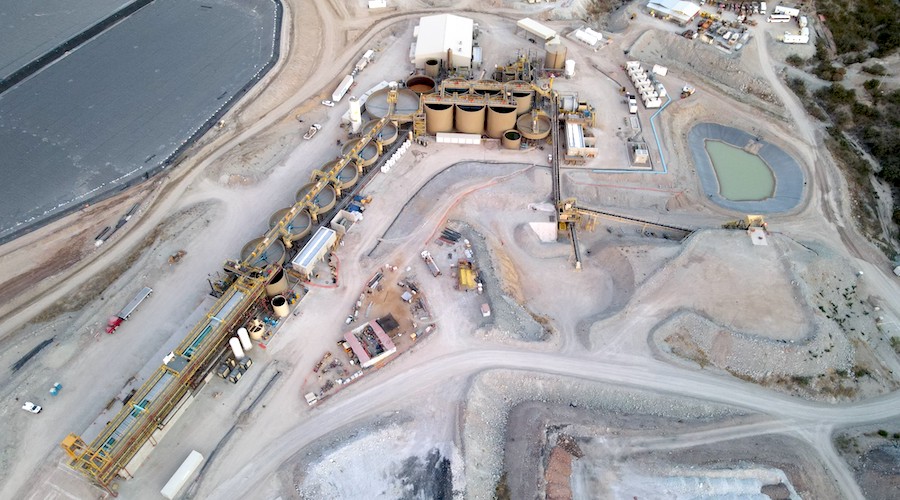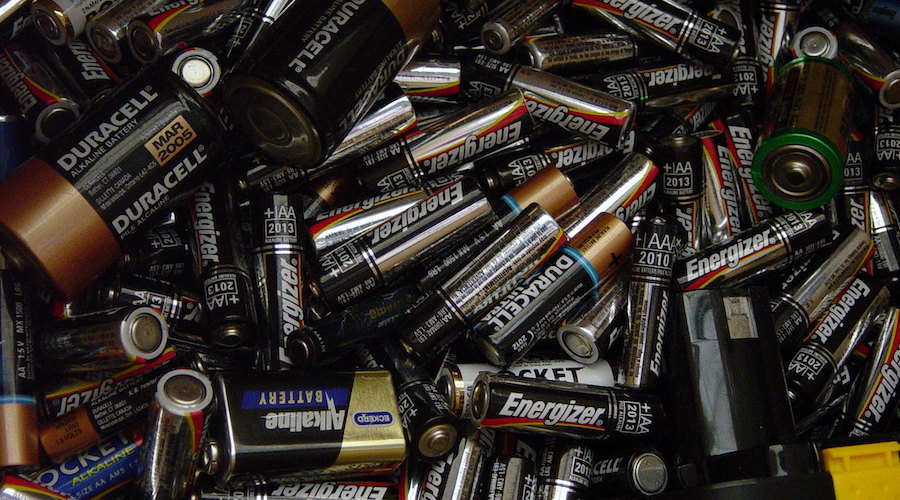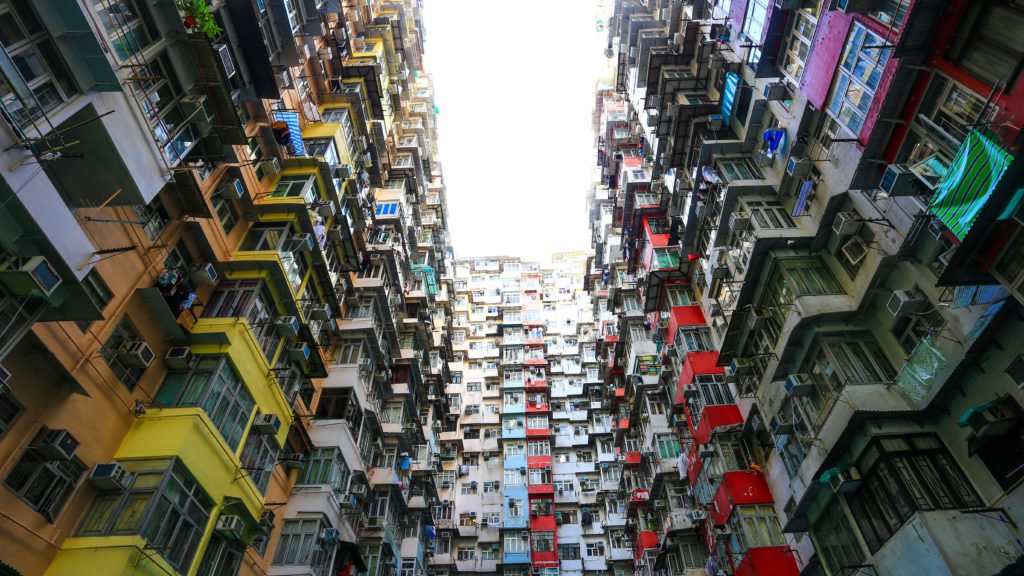Turquoise Hill rejects Rio Tinto’s $2.7 billion takeover offer
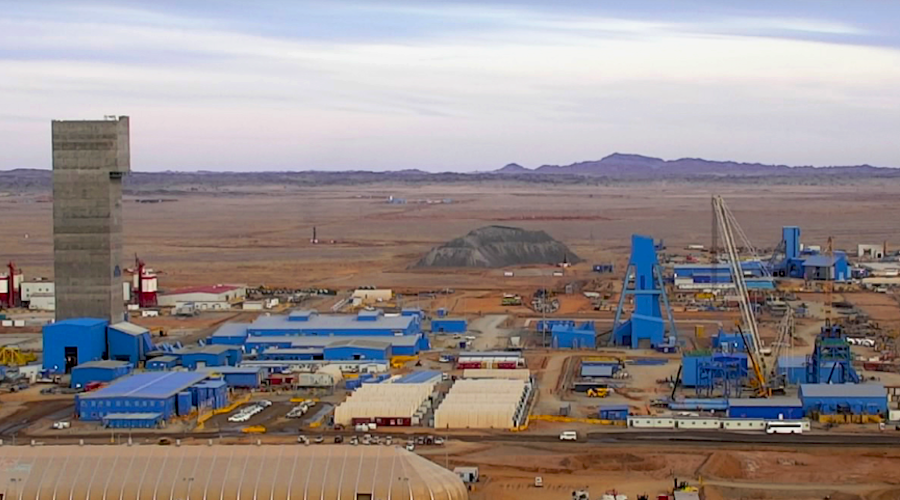
It is also a setback to Rio’s plans to increase its exposure to future facing commodities such as copper and nickel, which are key for the global green energy transition. Taking a bigger stake in the Oyu Tolgoi mine, Rio Tinto’s main copper growth project, would help the mining giant achieve that goal.
“Market conditions in the equity and copper markets have changed significantly since the receipt of Rio Tinto’s privatization proposal,” Maryse Saint-Laurent, chair of the special committee, said in the statement. “At the same time, the company has continued to make positive progress on the underground project.”
The world’s second largest miner, which controls and operates Oyu Tolgoi through its 51% stake in Turquoise Hill, offered in March $34 a share to the miner’s minority shareholders, a 32% premium to the closing price the day before the offer was put forward.
The offer came only two months after Rio and the government of Mongolia reached an agreement to complete the long-delayed $6.9 billion underground development of the Oyu Tolgoi project in the Gobi Desert.
That deal saw the Melbourne-based miner agree to write off $2.4 billion in loans and interest used by Mongolia’s capital Ulaanbaatar to fund its share of the development costs.

Rio Tinto said it was “disappointed” by the rejection, adding it still believes the deal would deliver compelling value for Turquoise Hill’s minority shareholders.
Interim Chief Executive Steve Thibeault said the funding agreement with Rio Tinto remained in effect and that the company expected it to provide sufficient liquidity to meet funding requirements.
Thibeault was referring to an agreement reached in May in which Rio Tinto committed to provide an interim debt funding of up to $400 million.
Turquoise Hill recently raised the cost estimate to develop the underground section of Oyu Tolgoi by about $200 million.
The project total cost has climbed to $7.06 billion, almost $1.8 billion higher than the original estimate in 2015.
Three-year delay and counting
The ongoing expansion of Oyu Tolgoi, located is 550 km (342 miles) south of Ulaanbaatar, has been plagued by delays and costs overruns.
At one time the situation triggered the Mongolian government’s ire to the point of threatening to revoke the 2009 investment agreement, which underpins the mine development.
First production, initially expected in late 2020, was rescheduled for October 2022 and later to the first half of 2023.
Once completed, the underground section will lift production from 125,000–150,000 tonnes in 2019 to 560,000 tonnes at peak output, which is now expected by 2025 at the earliest.
According to the miner, this would make it the biggest new copper mine to come on stream in several years and, by 2030, the operation would be the world’s fourth largest copper mine.
Oyu Tolgoi is expected to produce 110,000-150,000 tonnes of copper and 150,000-170,000 ounces of gold in concentrates in 2022 from processing ore from the open pit, underground and stockpiles.
Rio Tinto controls and operates the Oyu Tolgoi mine via Turquoise Hill’s 66% stake in the operation. The government of Mongolia owns the remaining 34%.
This post has been syndicated from a third-party source. View the original article here.
